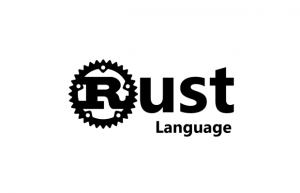Introduction to Rust Modules
In Rust, modules are a way to organize code within a crate into groups for better maintainability and scalability. They help in keeping code organized, modular, and reusable. This tutorial will cover the fundamentals of Rust modules with code examples to illustrate their usage.
What are Modules?
Modules in Rust are a way to encapsulate related code together. They help in organizing code into logical units, making it easier to manage and understand. Modules can contain functions, structs, enums, traits, and other modules.
Creating Modules
To create a module in Rust, you use the mod keyword followed by the module name and curly braces {} to define the module’s contents. Let’s create a simple module named math:
// Define a module named math
mod math {
// Function to add two numbers
pub fn add(a: i32, b: i32) -> i32 {
a + b
}
}In this example, we’ve defined a module named math containing a function add that adds two numbers.
Using Modules
Once a module is defined, you can use it within your code by referencing its path. You can reference the module using the :: syntax. Let’s use the add function from the math module:
// Import the math module
use math;
fn main() {
// Call the add function from the math module
let result = math::add(5, 3);
println!("Result: {}", result);
}Module Visibility
By default, items (functions, structs, etc.) within a module are private to that module. To make an item accessible outside the module, you can use the pub keyword. Let’s make the add function public:
mod math {
// Make the add function public
pub fn add(a: i32, b: i32) -> i32 {
a + b
}
}Now, the add function can be accessed from outside the math module.
Organizing Modules into File System
Rust allows you to organize modules into a file system hierarchy. Each file can contain one module. By convention, Rust follows a one-to-one mapping between module and file. Let’s organize our math module into separate files.
math.rs
// Define a module named math
pub mod math {
// Function to add two numbers
pub fn add(a: i32, b: i32) -> i32 {
a + b
}
}main.rs
// Import the math module from the math.rs file
mod math;
fn main() {
// Call the add function from the math module
let result = math::add(5, 3);
println!("Result: {}", result);
}Conclusion
Rust modules are a powerful feature for organizing code in a scalable and maintainable way. They help in encapsulating related code, making it easier to understand and manage. By following the guidelines outlined in this tutorial, you can effectively use modules in your Rust projects to improve code organization and maintainability.


